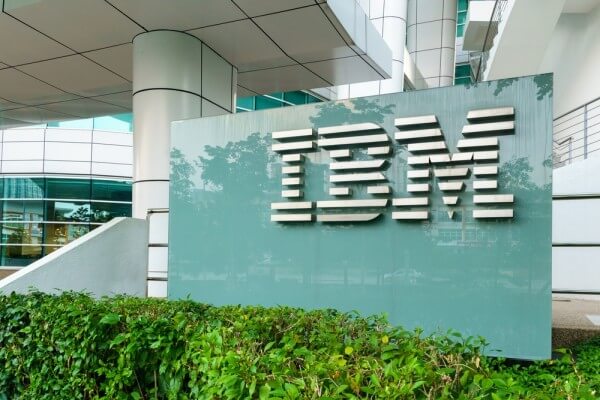Read Mini Case Studies

Introduction
Northrop Grumman Corporation (NGC) is a global security company with its headquarters in Virginia. The company’s segments include aerospace systems, mission systems, and technology services. It is one of the largest defense contractors in the United States.
Challenges
The company is one of the early adopters of Microsoft Project Server. Its first implementation was in 2004/2005. The company upgraded to Project Sever 2010. By 2016, the department’s program managers and project teams were using this tool to manage many mission-critical and highly sensitive defense programs. But, for a prolonged period, users were frustrated with both the system’s performance issues and functionality issues, leading to the user community’s total lack of confidence in this tool.
Solutions
Realizing the need for a good partner to turn things around, the leadership team decided to hire EPM Solutions, a trusted Microsoft PPM Gold Partner with past performance of implementing Project Server for many its competitors, including Lockheed Martin. Since we are also a company that comes with a security clearance and cleared facility status, it made the hiring decision even easier and faster.
Accomplishments:
1. Ensured the current Project Server implementation is consistent with best practices. The client believed their system was not set up correctly by the other partner, since “it didn’t do what it was supposed to do.” The EPM Solutions’ team assessed its configuration and gaps, and made numerous critical improvements to help the client leverage as many out-of-box features as possible.
2. Addressed all performance and optimization needs. We tackled the performance and optimization issues of its Microsoft Project Server implementation early in the engagement. The legacy PPM tool that was supposed to improve productivities had become time consuming and frustrating for NGC program teams. At the end of our engagement, the program manager gathered collective feedback which stated that the performance had definitely been improved.
3. Increased the Microsoft Project Server skills of the team through transfer of knowledge. We provided training and a comprehensive user manual to train the existing NGC staff which currently supports the Microsoft Project Server.
4. Recommended path forward. A part of the engagement, we conducted an assessment and provided information to support the decision process on whether to upgrade to either Project Server 2013 or Project Server 2016. Overall, we evaluated the various components that can be utilized in an upgrade deployment along with some other high-level considerations that were contemplated. Additionally, analysis information had been included in the “Feature Comparison” section of the assessment, listing the differences in features between Project Server 2010, Project Server 2013, and Project Server 2016. The Project Server 2010 features had been included as a baseline for the currently deployed version at NGC.
We love to hear from you. If you have any questions, just email us!

